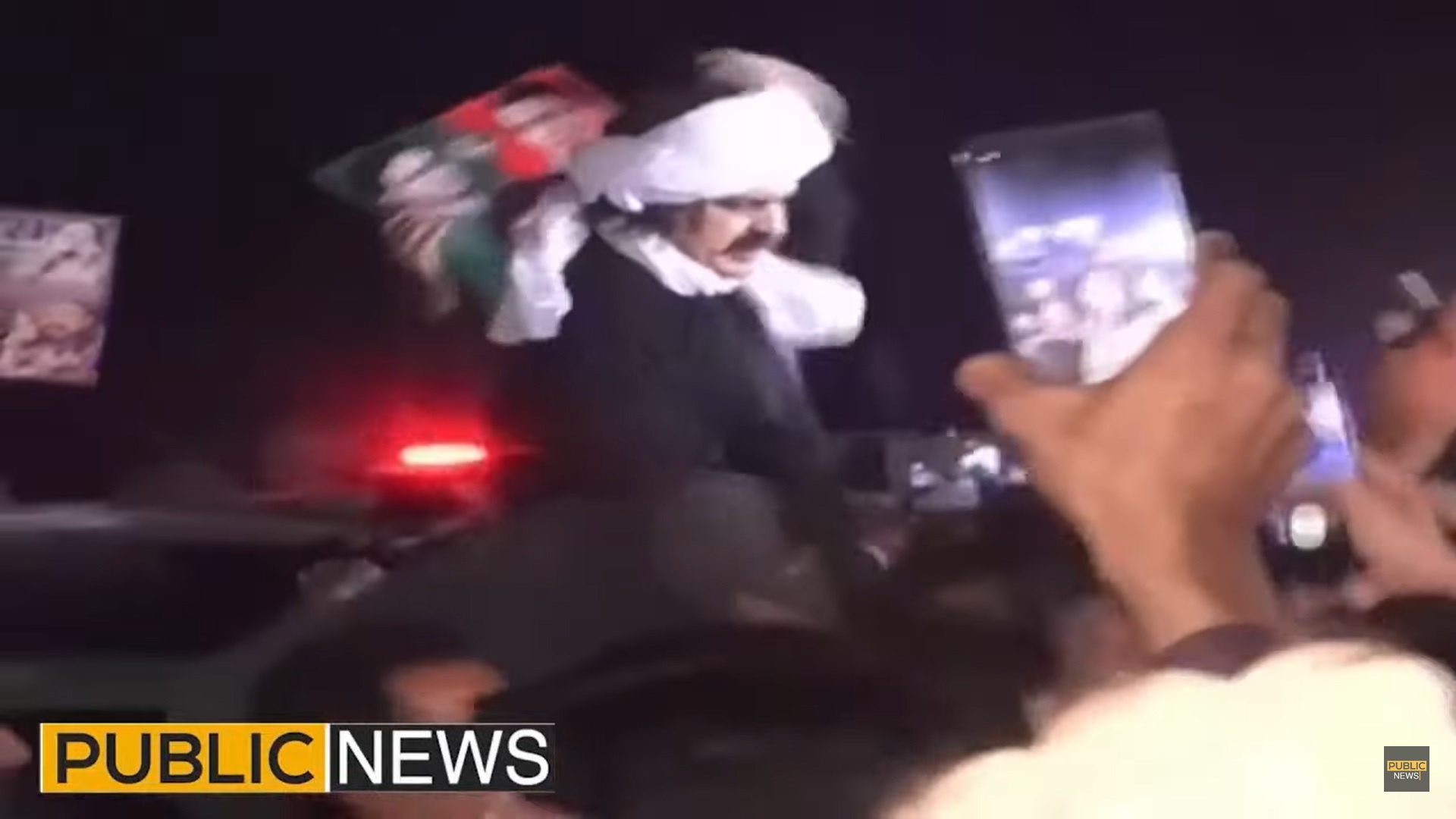By Dr. Attia Anwer
Cardiovascular or heart disease is the leading cause of death in developed and developing world. Heart disease occurs due to the complex interaction of factors most of which are modifiable.
Whenever we talk about non-communicable diseases that can be reduced by lifestyle modification, heart disease is a prime example of this. The risk factors that lead to heart disease are too common in the developed world and are also of serious concern in the developing world. Effective integrated health promotion programs and policies are cornerstones and best tools to deal with this epidemic.
Major risk factors for cardiovascular disease are hypertension, diabetes, hypercholesterolemia, obesity, smoking, and stress. Diabetes and hypertension have a direct relation with obesity and stress. So, a healthy lifestyle is important in preventing diabetes, hypertension, and heart disease. Hypercholesterolemia is also related to dietary factors and physical activity. So if we summarize the lifestyle changes to prevent these diseases they come down to eating healthy and being physically active. Avoidance of cigarettes and other harmful substances along with the reduction in the level of stress is also important for the reduction of these diseases. Stress can be reduced by physical activity, healthy eating avoiding addictions, and positive attitude. If we go deep into these lifestyle factors we know that they all are interrelated. If we can set someone or a community on a healthy lifestyle, they will be able to attain all healthy habits and consequently, all benefits related to them. They will start eating healthy. They may start growing vegetables which will increase their physical activity and reduce their stress level. Once they get the habit of being in nature they will be less inclined towards harmful substances like cigarettes and alcohol. Our main focus is how people can adopt these healthy habits and then maintain a healthy lifestyle.
There is no single solution to solve the challenge of heart disease. World Health Organization promotes the use of multiple fiscal and educational policies as a first-line approach to reducing heart diseases. Now it is proven that population-based strategies are more effective than those aimed at individuals as communities play a big role in lifestyle modification. Health and longevity are influenced by the characteristics of the communities. Social and environmental factors play a role in shaping healthy behaviors. There is mounting evidence that using a broader approach through population-wide community-level intervention results in better adaptation by the people. A community-based approach to monitoring blood pressure with an automated device increased the accuracy of blood pressure measurements, diagnosis, and management. Awareness of the importance of the interrelation of social and economic factors in shaping lifestyle behaviors makes healthier choices easy, for example making a walkable community. We can move from an individual approach to a collective approach in small communities especially if we want to educate people about healthy choices. It will create a bond between people and maintenance of lifestyle modification will be easier. For further care individualized approach with a multidisciplinary setting would be helpful.
Multidisciplinary teams are increasingly found useful as a source of delivering comprehensive primary care. This will include the prevention of non-communicable diseases like heart disease. Having a multidisciplinary and integrated approach will enable people to get what they need as if the major cause of hypertension and heart disease in a person is obesity. He will benefit from the guidance of a nutritionist and physical activity instructor. Patients with stress-related issues which can lead to disease itself and also to unhealthy eating and a sedentary lifestyle, will benefit from a clinical psychologist. People who have difficulty adopting healthy behaviors will benefit from behavior therapy. A lot of lot of research has been done in recent years to help people leave certain unhealthy activities and make healthy behavior changes. So there are proven strategies to help people change their behavior. That is effective on an individual level and in groups, depending on which type of intervention is needed. Furthermore, recent studies have proved that spiritual intelligence can promote patients’ physical and mental health. So paying attention to the spiritual approach as part of integrated care is also important.
Integrated care refers to an approach in healthcare in which a multidisciplinary team of different healthcare professionals is used, and the focus would be on all aspects of health. They care for the patient, taking him as a whole, monitor their needs, and act accordingly together. Care is integrated instead of compartmentalized. So patients and healthy people have these facilities under one roof which makes it easier to use.
 The author Dr. Attia Anwar is a consultant family physician with a postgraduate degree from the Royal College of GP UK. She is a strong advocate of health and well-being and wants patient participation in decision-making regarding health.
The author Dr. Attia Anwar is a consultant family physician with a postgraduate degree from the Royal College of GP UK. She is a strong advocate of health and well-being and wants patient participation in decision-making regarding health.

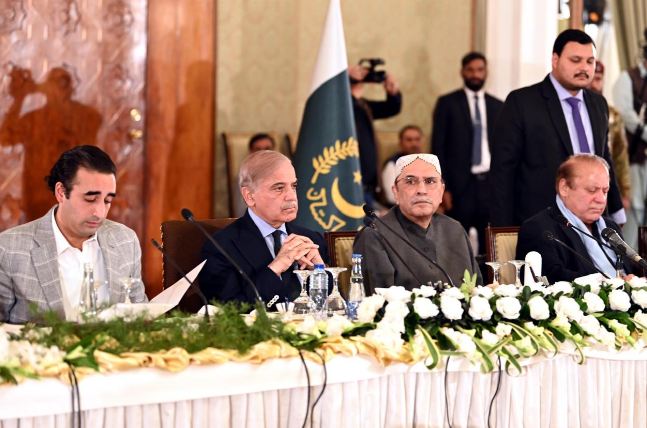
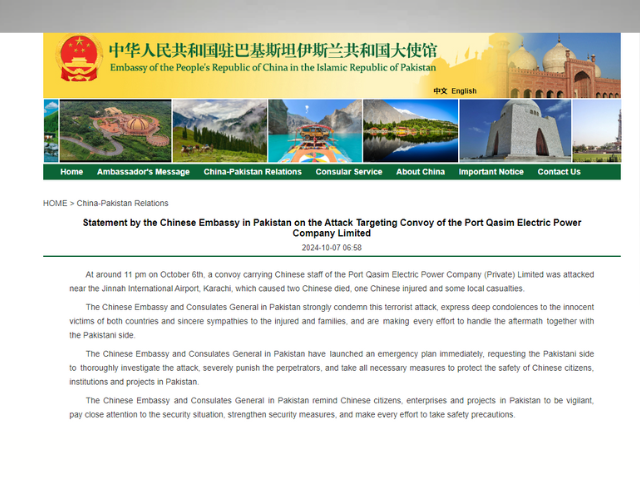
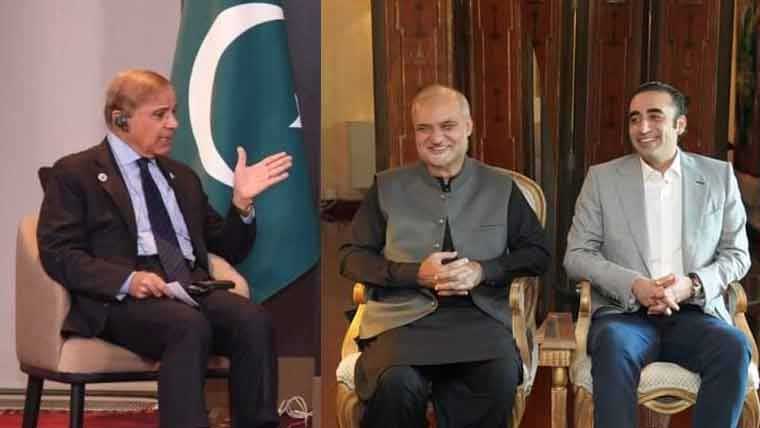
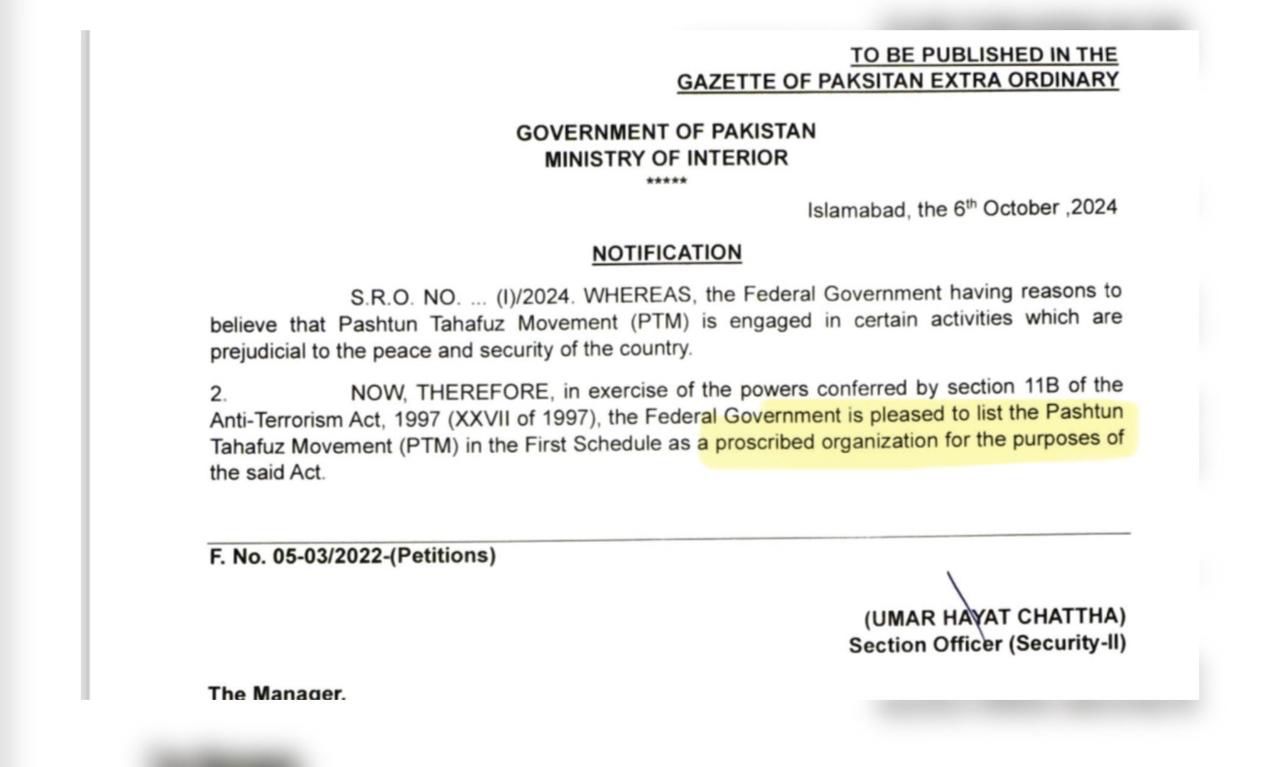
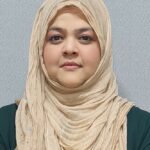 Maria Hameed is an MPhil Mass Communication student with a robust background in communication studies, research methods, and social issues. She offers expert analysis and insightful commentary on contemporary media trends and challenges facing today’s youth.
Maria Hameed is an MPhil Mass Communication student with a robust background in communication studies, research methods, and social issues. She offers expert analysis and insightful commentary on contemporary media trends and challenges facing today’s youth.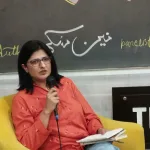 Shazia Anwer Cheema is a Prague-based author, analyst, and freelance writer whose articles appear in international media outlets. She did her M.Phil in Cognitive Semiotics from Aarhus University Denmark and is completing her Ph.D. in Semiotics and Philosophy of Communication at Charles University Prague.
Shazia Anwer Cheema is a Prague-based author, analyst, and freelance writer whose articles appear in international media outlets. She did her M.Phil in Cognitive Semiotics from Aarhus University Denmark and is completing her Ph.D. in Semiotics and Philosophy of Communication at Charles University Prague.